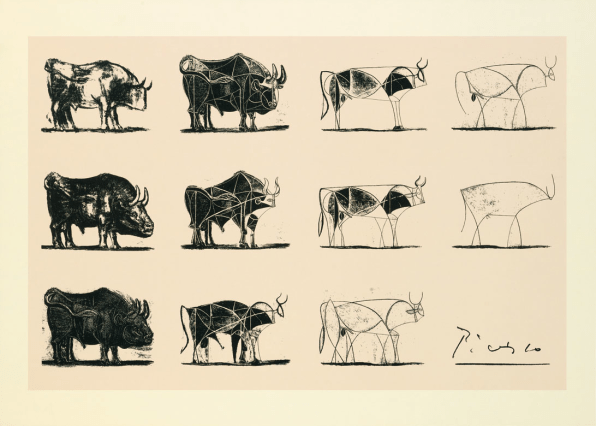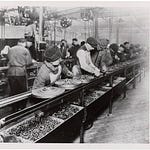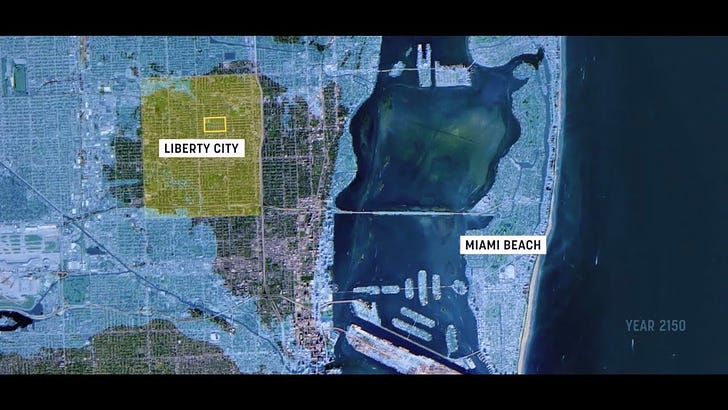“The businessman wants to create something for everyone, which leads to products that are middle of the road,”… It becomes about consensus, and that’s why you rarely see the spark of genius.”
Robert Brunner, Apple’s director of Industrial design from 1989-1996

Sometime in the early 1990’s, I went to a talk hosted by our local Chamber of Commerce, featuring Steve Jobs as the guest speaker. He had been “ousted” as they used to describe it, from the company he founded, Apple Computer, in 1985, and had started a new computer company he called NEXT. I am guessing that the main reason he agreed to speak in Columbus, Ohio, was because our intellectual, foward thinking governor at the time, Richard Celeste, wanted to meet him and wooed him here (and Celeste’s oldest son was working for NEXT at the time). Jobs would not make his triumphant return to Apple until 1997.
I had already been following Jobs for a number of years and was giddy about this opportunity to see and hear him in person. Unfortunately, I don’t remember specifics of what he said during his talk, but I do remember his answer to an audience member’s question. He didn’t stand still behind a lectern or microphone, by the way, he paced back and forth across the stage as he was talking and fielding questions, less like a speaker for a chamber of commerce and more like a current TED talk.
A person in the audience, presumably a business person, asked him “what he did to relax”. Without a second’s hesitation, he answered simply: “I go to Italy”. I remember the audience let out a bit of nervous laughter at his answer—maybe they were thinking, “This guy has so much money he can just take off for Italy any time he wants”. 1
Jobs saw the need to expand on his answer, and what he said laid out his thinking on design, and what Apple was to become upon his return. He talked about how the beauty and history of Italy, and particularly its art, influenced his thinking on what makes a great product—that’s why he kept returning there again and again. He homed in on the incredible variety of art, visible everywhere in Florence, as inspirational to his thinking. Years later, after his return to Apple, he would use stone from a single quarry outside of Florence for the flooring in every Apple store. And Walter Issacson, who wrote Jobs’ biography based on interviews with him, explained the nature of his impact by saying, and I paraphrase, that Jobs’ direction of Apple hit the intersection of art and technology.
Reading about Apple’s design philosophy and process is a fascinating journey of a quest for superior quality, in both design and function, and how a leader ensures (or maybe demands, in Jobs case) that his or her vision manifests itself in a final product. It seems to me that Steve Jobs had no tolerance for mediocrity, and in fact, sneered at those companies and products he deemed inferior. He once famously said of Microsoft:
"The only problem with Microsoft is they just have no taste. They have absolutely no taste. And I don't mean that in a small way, I mean that in a big way, in the sense that they don't think of original ideas, and they don't bring much culture into their products."
While I get a kick out of his dissing Microsoft, it also is instructive in understanding what’s wrong with today’s political process. I am not advocating for a dictator who imposes his or her will on Congress and the citizenry, but this drive to reach a middle-ground consensus with the infrastructure packages, for example, is a drive toward mediocrity. If everyone gets their way in either adding or removing something from these bills, it will be a mediocre mush that in the end, pleases no one and gets very little of significance accomplished. Real leaders would set a strong, clear vision for the direction the country should go, and ensure that vision is implemented in some recognizable form. Is that what is happening as we speak with the infrastructure bill negotiations?
Read through these various pieces that compare and contrast how a creative culture, like Apple, develops and executes a design plan resulting in a superior product, and the current negotiation process of the infrastructure bills. Let me know if you think there’s a connection.
— A 2014 article from Fast Company that describes “Apple University” and the company’s design philosophy.
https://www.fastcompany.com/3034240/how-apple-uses-picasso-to-teach-employees-about-product-design
— A fascinating editorial from Artsy focusing on the lessons from Picasso’s bulls and their relation to Apple’s design process. Includes a neat slide show of the evolution of the Macintosh computer.
“You have to deeply understand the essence of a product in order to be able to get rid of the parts that are not essential.” Jony Ives, Apple’s lead industrial designer in 2007.
— A Q&A by the Wharton School of Business with a former principal engineer for Apple, who describes a design process centered on empathy.
“Creative selection refers to this Darwinian process: You start with something and, hopefully, the end point is going to be a great product even if the beginnings were humble.”
https://knowledge.wharton.upenn.edu/article/what-an-insider-reveals-about-apples-design-process/
On to the negotiation of the infrastructure bills:
— An analysis published just today in The Guardian that seems to declare Senator Sanders a winner in this deal. But does the following quote sound like compromise on these bills will result in the “spark of genius” that our country so desparately needs right now?
“The senators have competing world views. Whereas Sanders believes the bill has the potential to be “one of the most important pieces of legislation since the New Deal”, Manchin has warned that the scale of it risks, “changing our whole society to an entitlement mentality”.
https://www.theguardian.com/us-news/2021/oct/24/bernie-sanders-democrats-biden-spending-bill
— And finally for this evening… here we go again with a focus on the cost of the infrastructure plans rather than their true value. This CNN summary from just three days ago details what is most likely in and what’s out in the infrastructure bill negotiations. Again, this type of negotiation does not bode well to create a transformative, “insanely great”, infrastructure bill, just more mediocrity by consensus.
https://www.cnn.com/2021/09/12/politics/house-reconciliation-package-explainer/index.html
I’d love to hear your comments on this! Who uses Apple products and why? What do you think of the negotiation process on the Infrastructure Bills? Let me know in the comments below.
If you like what you’ve been reading, why not pass on this newsletter to your buddies?
As always, thanks for reading Crime and Punishment. I appreciate your support.
A shout-out to Rufat Rassulov who writes “That’s Philosophical”. I recounted a bit of my remembrance of seeing Steve Jobs in his comments section.















Sunday Evening Reads